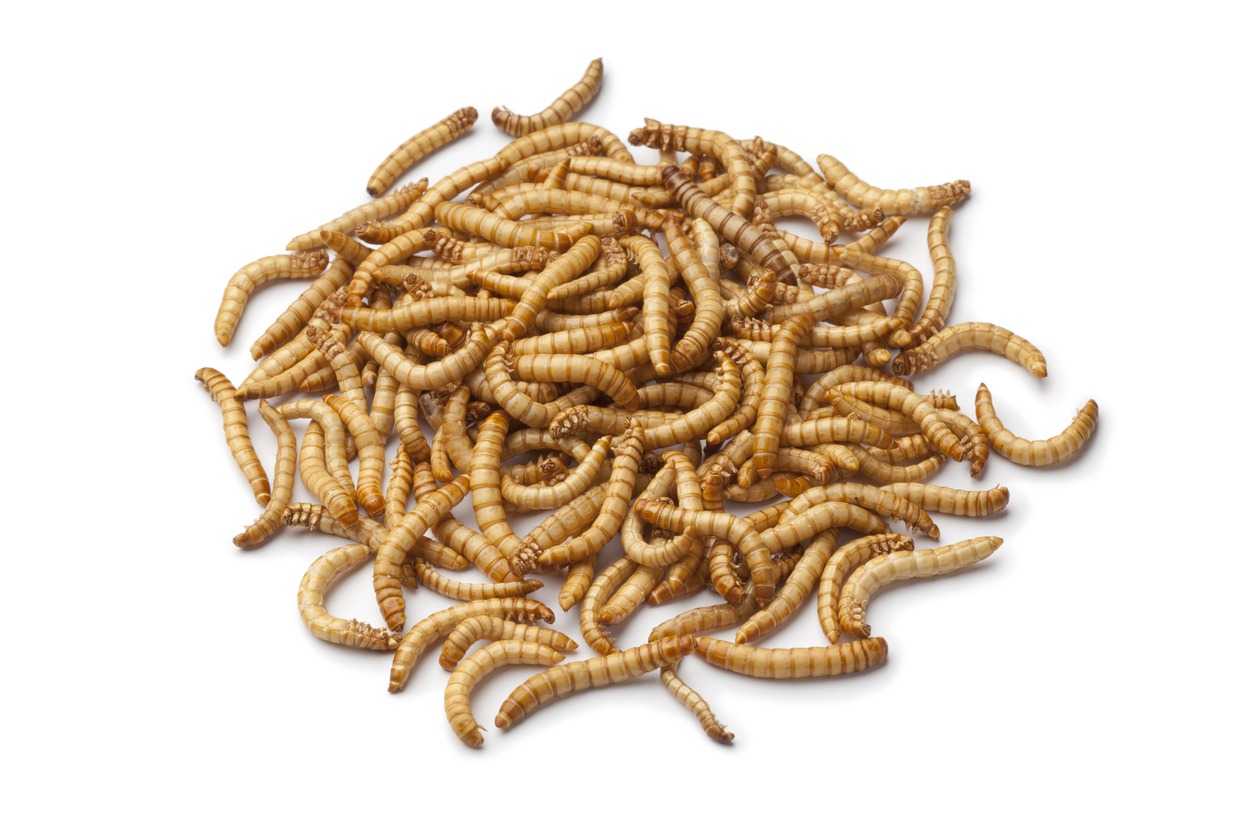Paris-based insect farming venture Ÿnsect has been awarded a €20 million grant from the European Commission and a €3.7 billion European public-private partnership to build an industrial-size facility in northern France. The facility, dubbed FARMYING, will enable Ÿnsect to multiply its current production capacity by 50-times.
A roster of 20 partners has backed the company’s vision for the project. Joining the European Commission is the Bio-Based Industries Joint Undertaking, a €3.7 billion European public-private partnership. FARMYNG will also bring together three raw materials and nutritional suppliers, one larvae supplier, two research facilities, four tech suppliers—including Ynsect—a quality-control specialist, a sustainability consultant, an innovation consultant, four end-users and three international bio-economy consortiums.
“This announcement is significant because of the involvement of 20 key players in the bioeconomy sector spanning every link in the value chain,” an Ynsect representative told AFN.
Ÿnsect has developed patented technology to enable it to vertically-farm mealworm beetles for sustainable animal feed and fertilizer. The company has one operational farm near Dôle, in eastern France, with the capacity to produce 30 tonnes of protein matter per month.
The new facility, slated for development in Amiens, will boost the company’s monthly output to 1,500 tonnes. Ÿnsect’s founder and CEO Antoine Hubert said it would “lay the foundations for a new protein supply chain to meet the world’s immense food challenge.”
(A big) one among many
If it seems agtech headlines are increasingly filled with news about new insect farming ventures hitting the market or getting funded, they are. There are now more than 50 companies vying for a slice of the $500 billion animal feed market, according to the International Platform of Insects for Food and Feed (IPIFF), an EU-based association for the industry. Most, like Ÿnsect, are marketing their products as economical and environmentally-friendly alternatives to mainstream feed protein sources, like fishmeal, which is largely derived from wild fish stocks.
Ÿnsect has a bit of an early-mover advantage, however, having launched in 2011. It has since secured more than €180 million in funding, including both the new grant and a €125 million Series C equity round it raised just a few months ago. South Africa’s AgriProtein comes close, having raised more than $120 million to produce a different type of insect: black soldier flies. Ÿnsect’s biggest European peer, Dutch venture Protix Biosystems, has raised about $50 million. In Canada, Enterra Feed Corporation raised an undisclosed Series B round valuing at over $100 million last year.
The French company claims its new initiative, called FARMYING, marks another milestone for the sector, being the first with the capability to produce insect protein on an industrial scale. It is targeting 200,000 tonnes of protein production and €1 billion in revenues from the facility over the next 10 years.
Ÿnsect’s facility is slated for completion in 2021.





